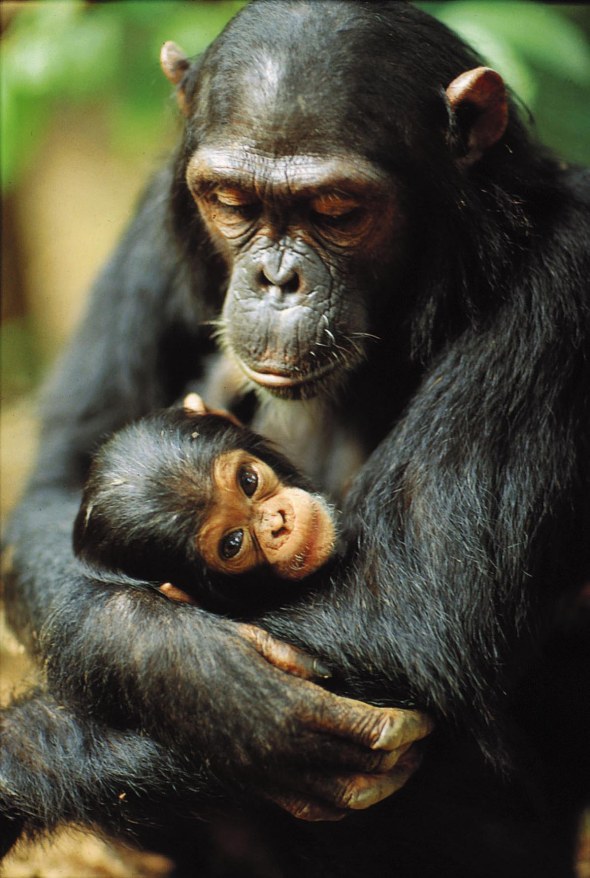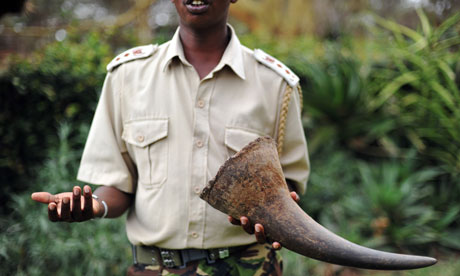Chimps have more experimental sex?
It is a question not just of prurient but also evolutionary interest; what was the mating behavior of our extinct relatives?
With living apes so variable in their sexual preferences, it’s tough to work out the sex habits of the ancestors common to humans and chimps. Gorilla groups contain just one sexually active male and several females for example,while among chimps, several sexually active males breed with the groups active females and vice versa.
Humans, meanwhile, show a variety of mating behaviors but often form monogamous couples. It could be the chimps and not the humans - that have experimented with new sexual behaviors since our lineages diverged. Uniquely among apes, male chimps produce thick semen that coagulates into a plug within the females genital tract.
In a society where females mate freely with several males the strategy increases the chances that a male will fertilize the females eggs. But did the chimps inherit their mating plugs from the last common ancestor they shared with us or did they evolve it later?
To try and resolve this question ACPP, an enzyme in semen was analyzed, ACPP prevents semen from coagulating into a plug. It was found that the enzyme is four times as abundant in human semen as it is in chimp semen. The change is related to the way the ACPP gene is turned on and off.
For clues about whether the human-chimp ancestor had similar levels of the enzyme to humans or chimps it was time to look at the species of Gorilla.
The Gorilla lineage separated from the human-chimp ancestor a few million years earlier, so offers a perspective on mating habitats in the human chimp ancestor.
The analysis showed gorillas regulate ACPP in the same way as humans, suggesting that the human chimp ancestor did as well. The Chimp mating behavior does appear to be the derived state however we cannot be sure that chimps made the change after the split from humans.
It is possible that the human chimp ancestor had chimp like behavior and that our lineage has since reverted to a gorilla-like condition. Only when similar patterns are seen can we be sure when the changes occurred.
Its agreeable that the studies are consistent with the idea that chimps evolved a unique mating pattern system since their lineage split from ours. People often forget that chimps like humans have evolved from a common ancestor and are not the same relict species frozen in time.
Director
International Animal Rescue Foundation



